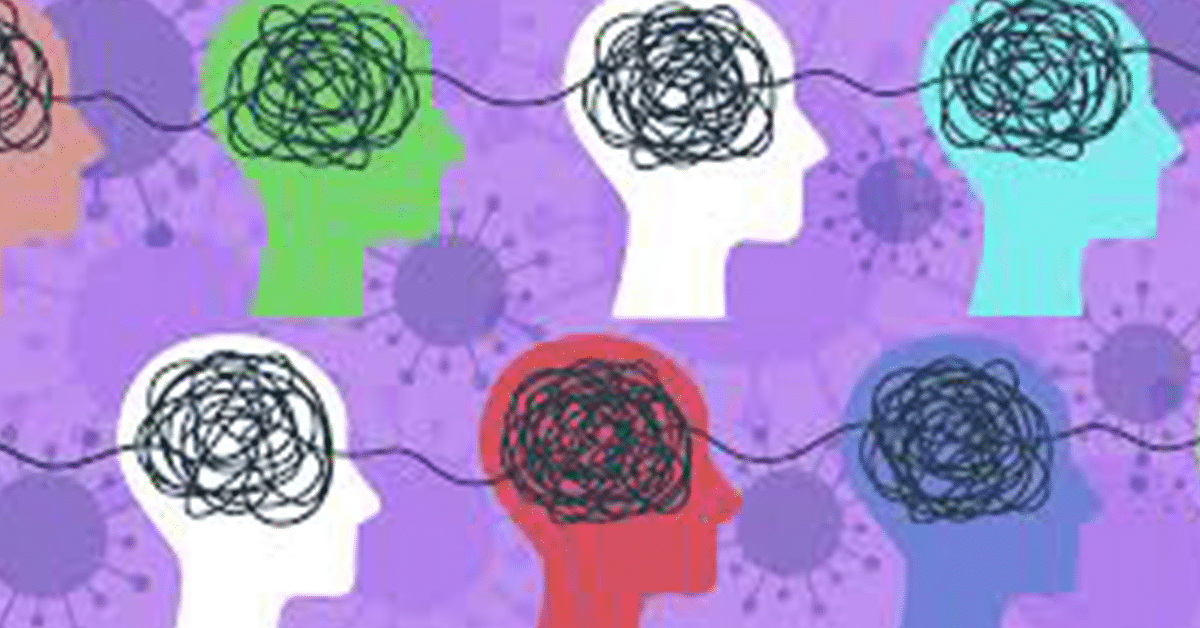The author of the popular book for decades now, Mindset, has seen more popularity right now than ever before, as the term, growth mindset becomes all the new rage and trend.
For years it was meditation, then came the popular mindfulness. Now it’s all about the growth mindset. Now, in the Mindset book, by…, she differentiates b/w a fixed mindset and growth mindset. However, in describing the difference, she made a huge error that’s recognized by intelligent people who also happen to love sports.
My Email to Carol Dweck:
Hi there. Congratulations on all your success. I’m a licensed educational psychologist and I love it. I have a major passion for helping people in need. My other passion is writing, but it’s just a hobby. I like to write songs, poems, and screenplays. Of course, I read Mindset and I think it’s a good book. Some parts were excellent, some good, some decent, but I really feel a need to share my feelings about a couple things in Chapter 2 that left me with a bad taste in my mouth. If I had a fixed mindset, I would have stopped reading the book, but I’m a growth mindset kinda guy so I continued to read and finish the book. However, the example you gave of Johnny McEnroe having a fixed mindset and Michael Jordan having a growth mindset was distastefully incomplete and definitely an awful example to use. You say that Jordan has a growth mindset. Let me give you a better example. Michael Jordan as the athlete with a fixed mindset and his former teammate Steve Kerr as the growth mindset. Steve Kerr had a fraction of Jordan’s talent, but it was his growth mindset that enabled him to have a successful NBA career, he was a key component on the Bulls’ championship seasons, and he’s now won multiple championships as a very successful head coach of another NBA team. Steve Kerr was small, skinny, but he was the little engine that could. He was a deadly shooter and a premier defender. One day in practice, Steve Kerr was defending Jordan. He defended Jordan well, like it was an actual game. Jordan, the fixed mindset, said, “C’mon lay off, it’s just practice.” Steve Kerr said, “I know you’re gonna probably score no matter what, but I’m gonna play my best defense and I’m gonna try my best to prevent you from scoring.” Jordan put his best moves on Kerr, but Kerr defended him well and Jordan missed the shot. Now, if Jordan had a growth mindset, he would have said, “Good defense Steve, keep it up and let’s do it again… this time I’m gonna score.” Instead, Jordan proceeded to punch Steve Kerr in the eye, giving him a black eye, and left practice. Steve Kerr said, “Hey, I might have a black eye but I prevented the best player in the world from scoring.” That’s a great example of an athlete with a fixed mindset and an athlete with a growth mindset. Michael Jordan, by the way, has a gambling addiction that he’s never gotten help for. Lebron James has reached Michael Jordan’s iconic status but Lebron James uses his celebrity to help our nation grow. He educates, he inspires, and he has done so much for his community and culture. Jordan just golfs and gambles. And I’m a huge Michael Jordan fan. I’ve idolized the man since I was a kid, but the truth is the truth. He had a growth mindset about basketball, and only basketball, for a small part of his life, and he has a fixed mindset about absolutely everything else.
You used Johnny Mac as your example of an athlete with a fixed mindset. In retirement, Johnny Mac isn’t known as one of the greatest tennis players of all time. He’s known as that tennis player with the bad temper and bad attitude. Instead of complaining about that reputation, McEnroe has admitted his shortcomings and he has LEARNED and GROWN from them and has become a better man. If he had a fixed mindset, he’d sit in his mansion and complain about not being known as one of the greatest tennis players, so what if I had a temper, I should still be considered one of the best, etc. Instead, he surrendered and he evolved. He speaks to audiences about the importance of sportsmanship. He tells people that there are consequences for a bad attitude, no matter how talented you are. He had a fixed mindset but was able to develop a growth mindset. You should’ve mentioned that in your book.
Lastly, you spoke about college kids having depression with fixed and growth mindsets. First off, you described situational depression, not clinical Major Depression. You discussed the time of year, the work load getting harder, etc. That’s situational. Someone with a growth mindset, but also happens to have Major Depression, develop physical symptoms that make it almost impossible to thrive when experiencing a true bout of depression. Take someone like me for example. I have a growth mindset. However, freshman year, before starting medication, I spent 8 days in my dorm room bed without brushing my teeth or showering or eating. I drank Ensure when I felt enough energy to move from my bed to the refrigerator which was two feet away from the bed. Because I have a growth mindset, I was able to tell myself during that bout of depression that this will pass, it’s ok, I will be ok, as soon as it’s over I will get right back on track. When the depression lifted, I cleaned myself up, washed my sheets, ate a real meal, made appointments with my professors and met with them to discuss what I missed, and proceeded to hit the library harder than ever before. I spent two weeks at the library 9 hours a day/night to make up missed assignments, do extra credit work that my professors offered, caught up, and studied to make sure I aced all upcoming tests and assignments. I still made Dean’s List. Just because I was in bed for 8 days doesn’t mean I didn’t have a growth mindset. Shame on you for making other readers of your book with Major Depression think they have a fixed mindset because they weren’t able to thrive during serious bouts of depression. You should know better. It was completely insensitive to readers with true mental illness.
Now, if you have a fixed mindset, you’ll read this email and say, “So what, my book is a huge success, I’m a huge success, I’m famous, my book is used all over the country in various fields, who cares what this one guy has to say.” If you have a growth mindset, you’ll say, “Well, my book is a huge success but in no way am I superior to this man and life lessons can come from the most unlikely of sources. Maybe I should take what this man has to say in consideration and do something. Maybe there is something to be learned here.”
Thanks for taking the time to read this email. With gratitude, Jeff Spike
Keep Reading
Want more? Here are some other blog posts you might be interested in.








